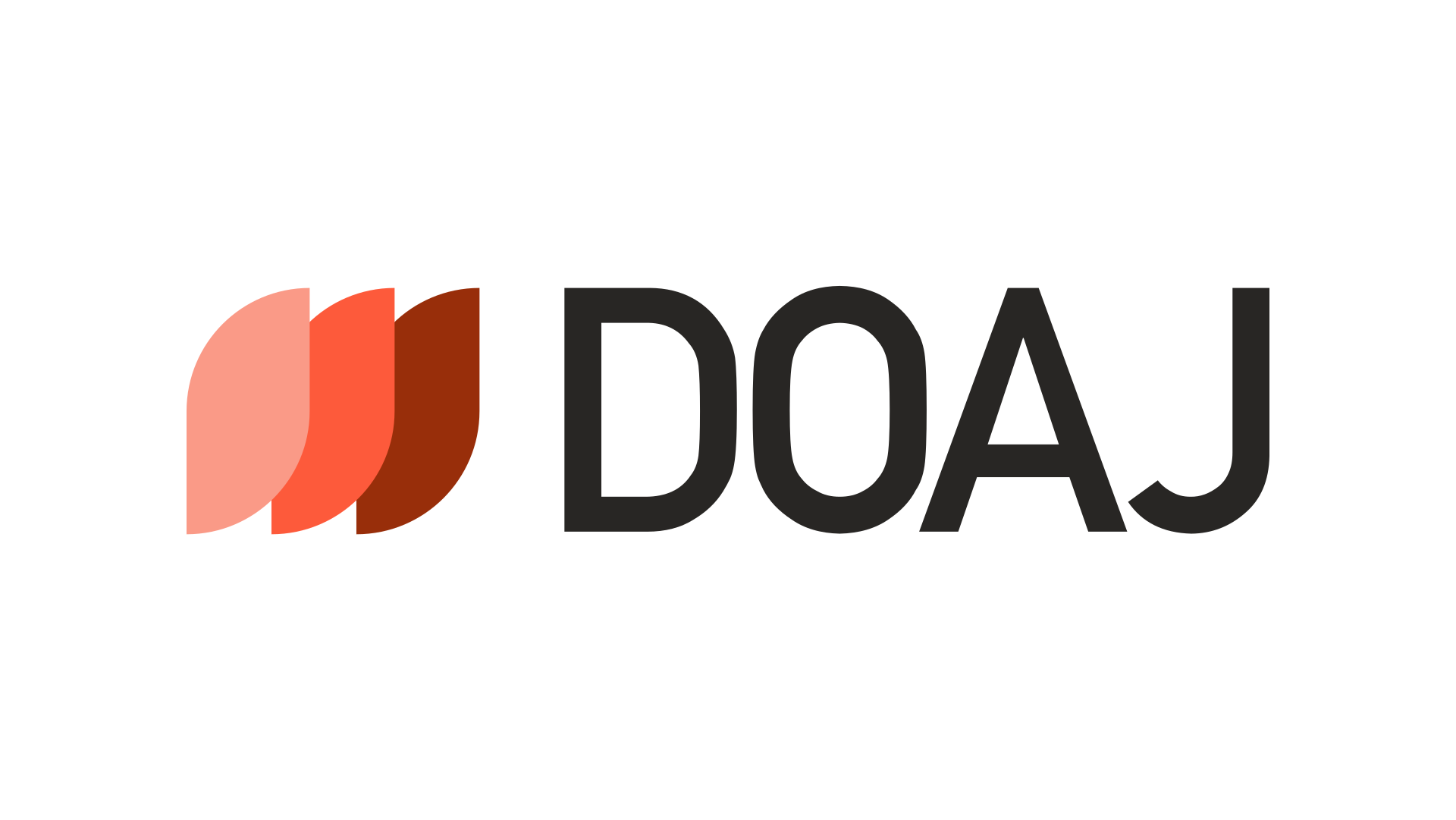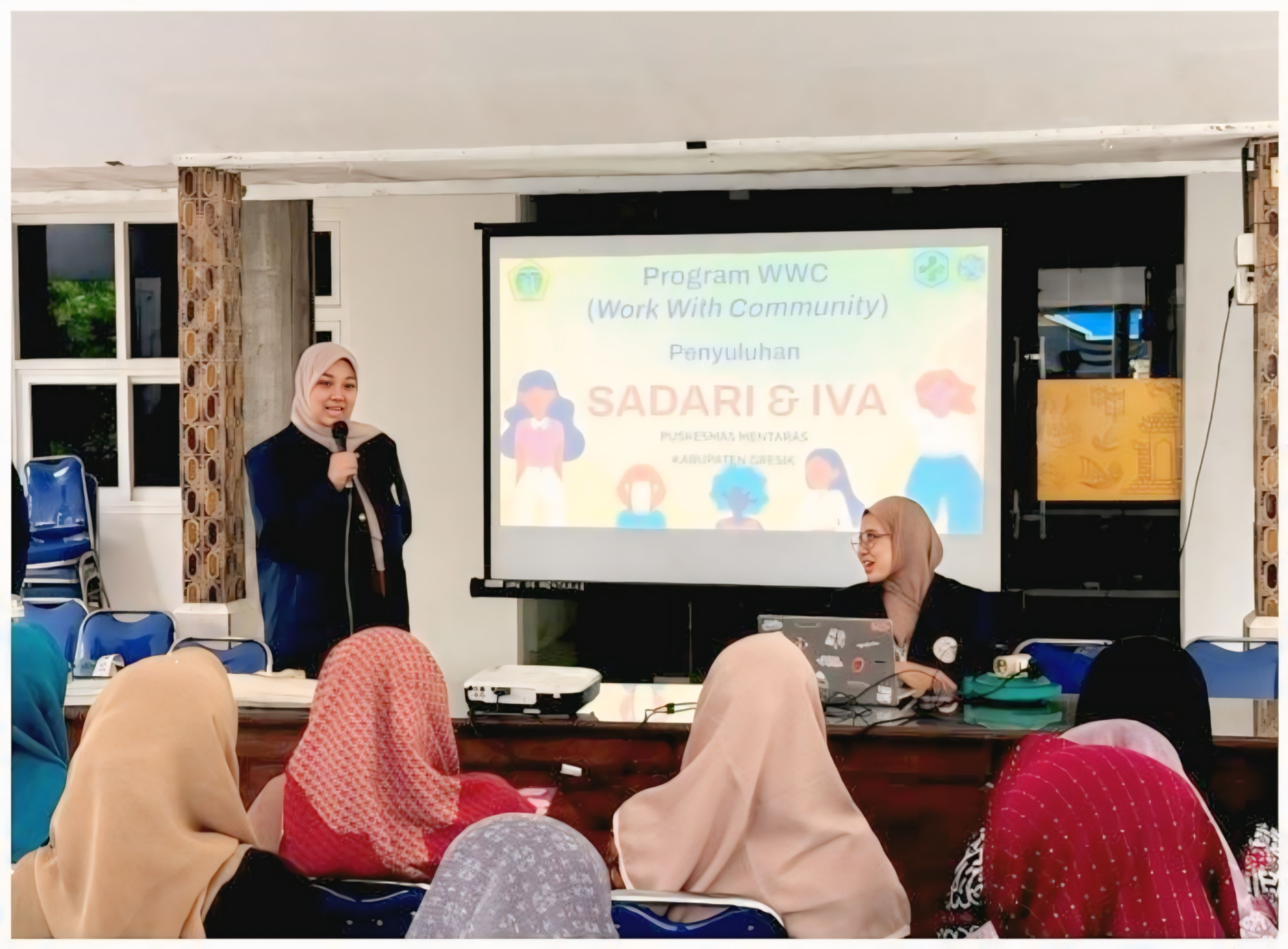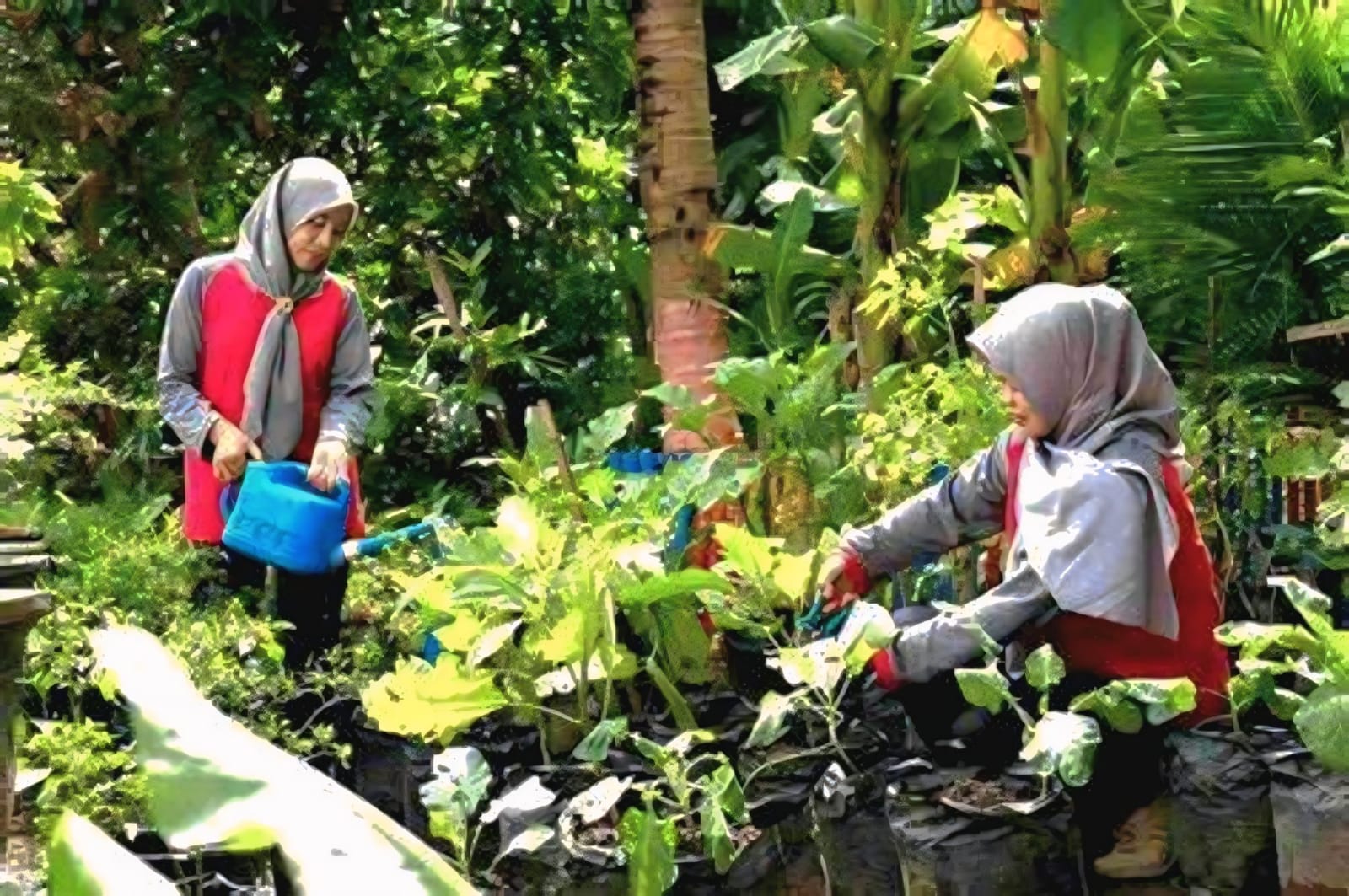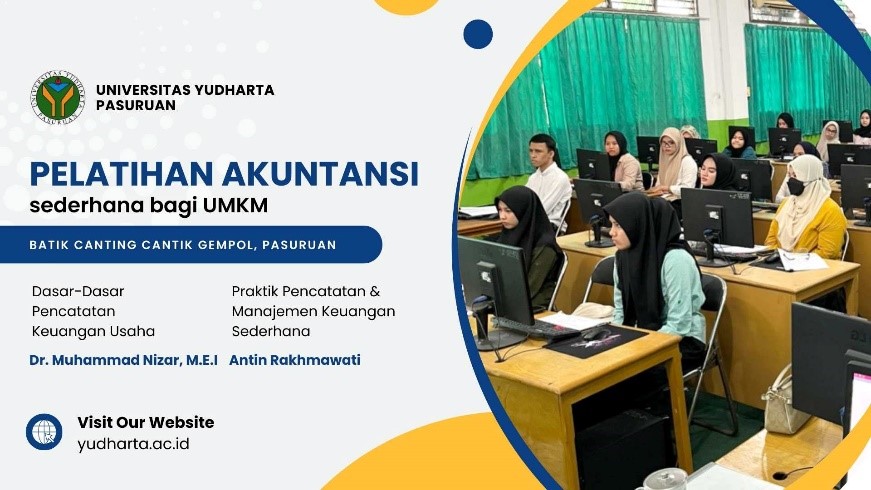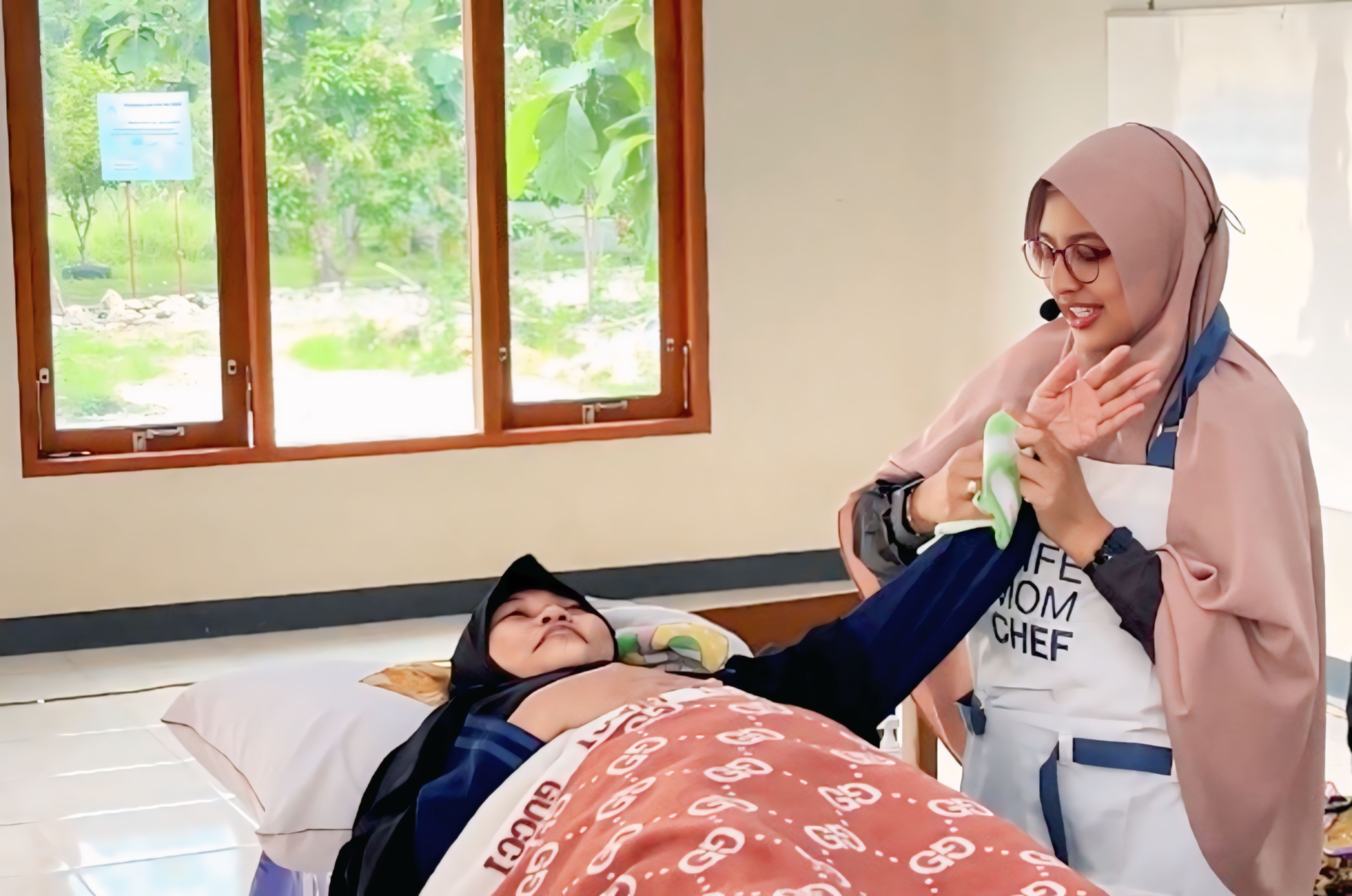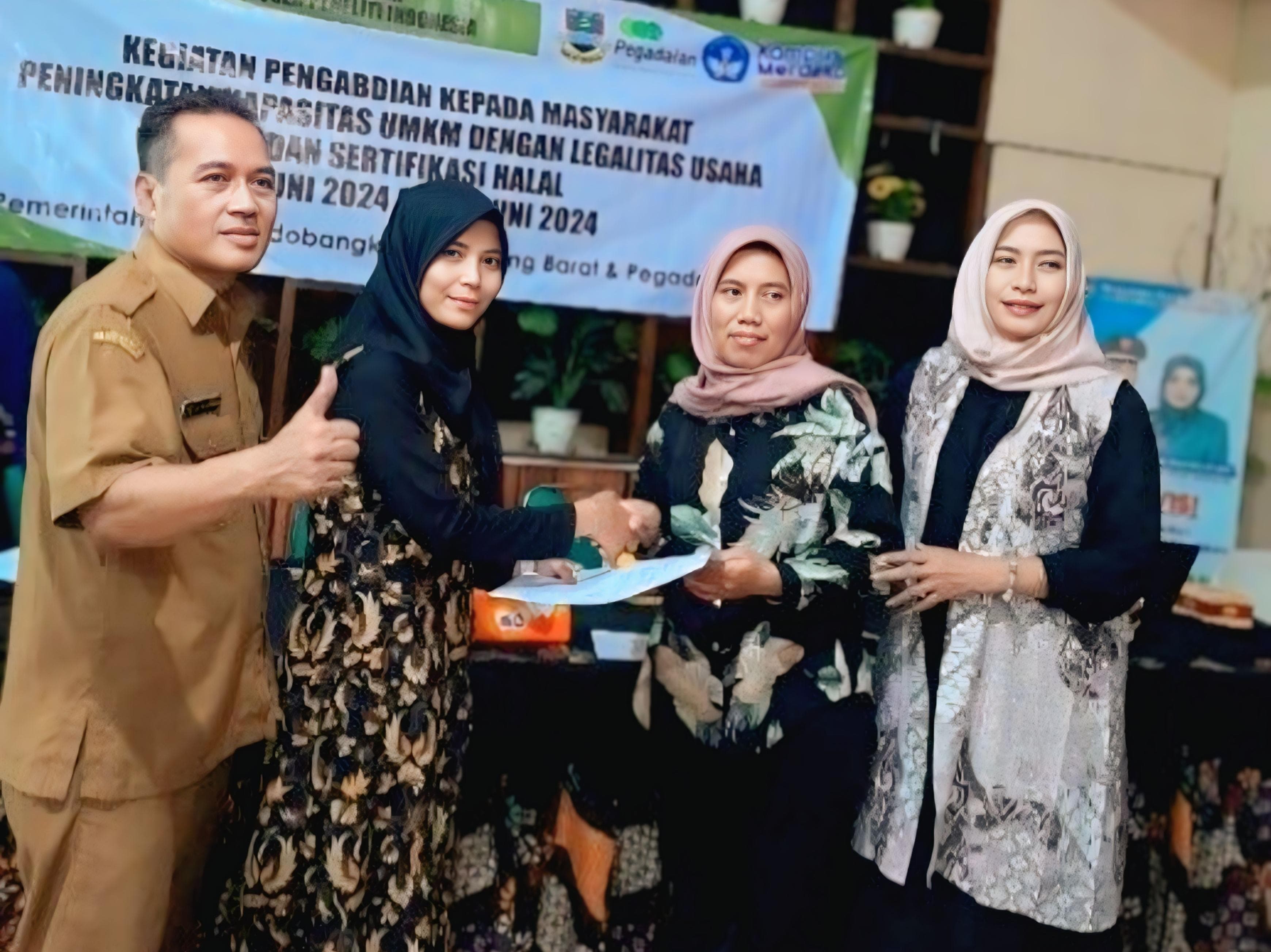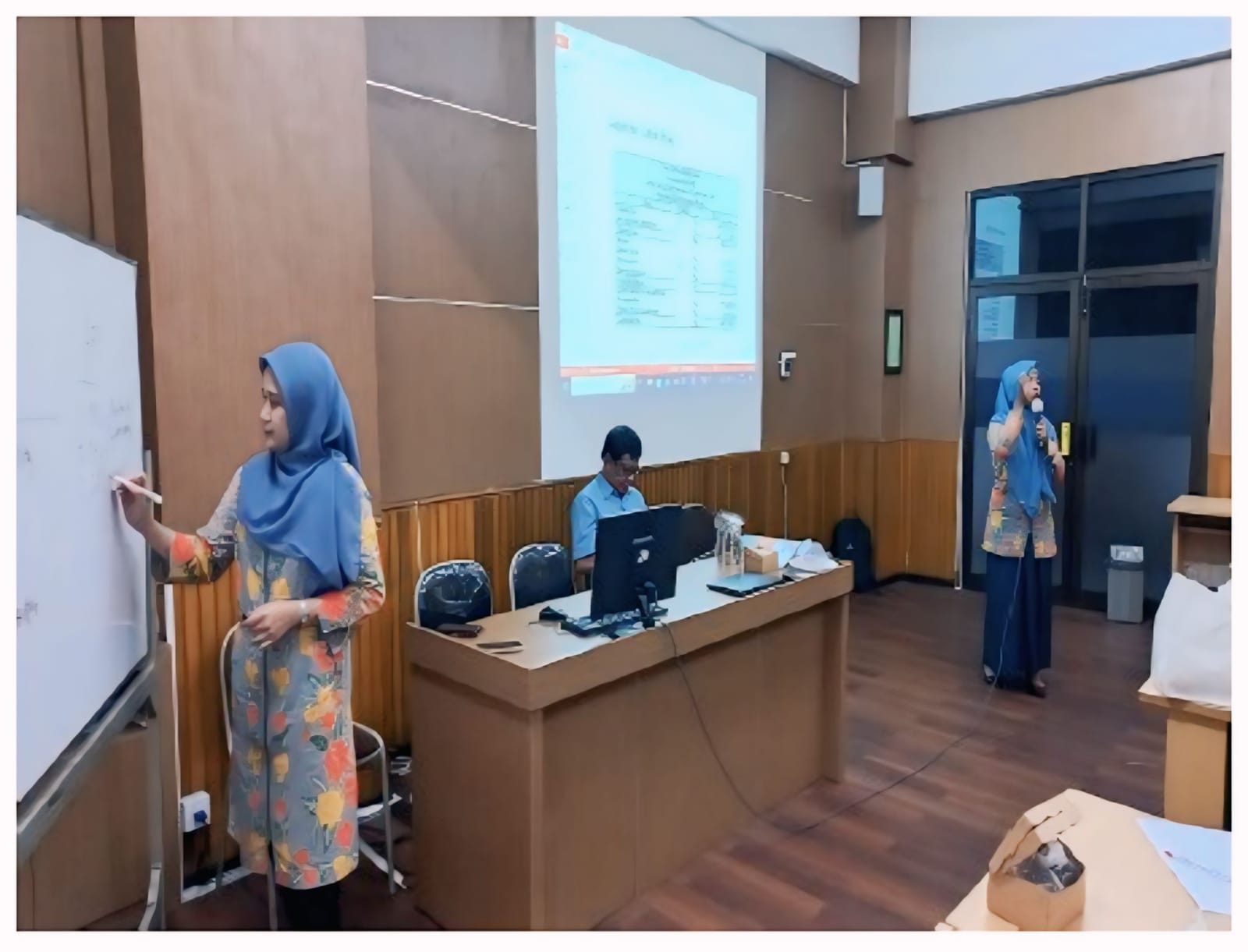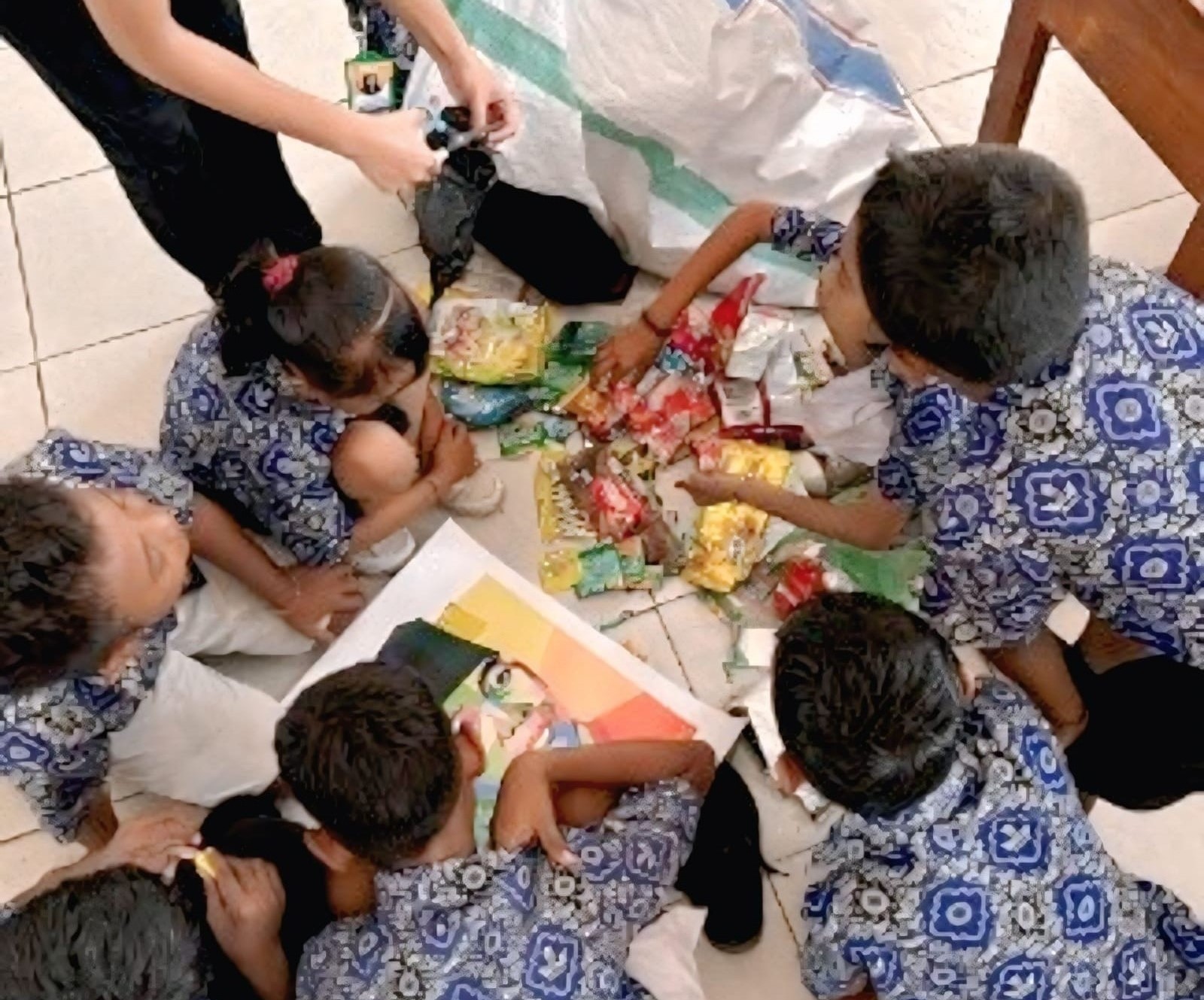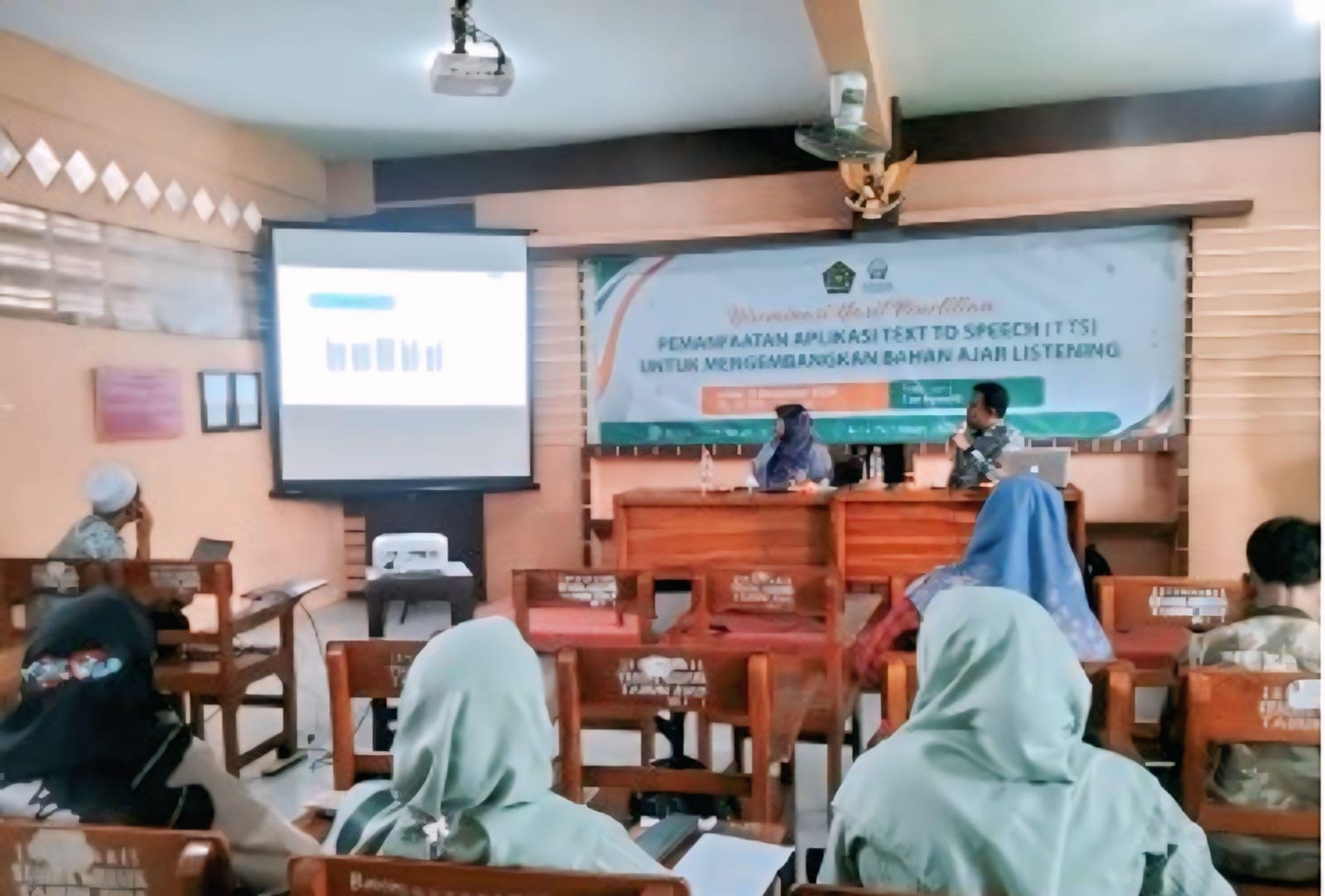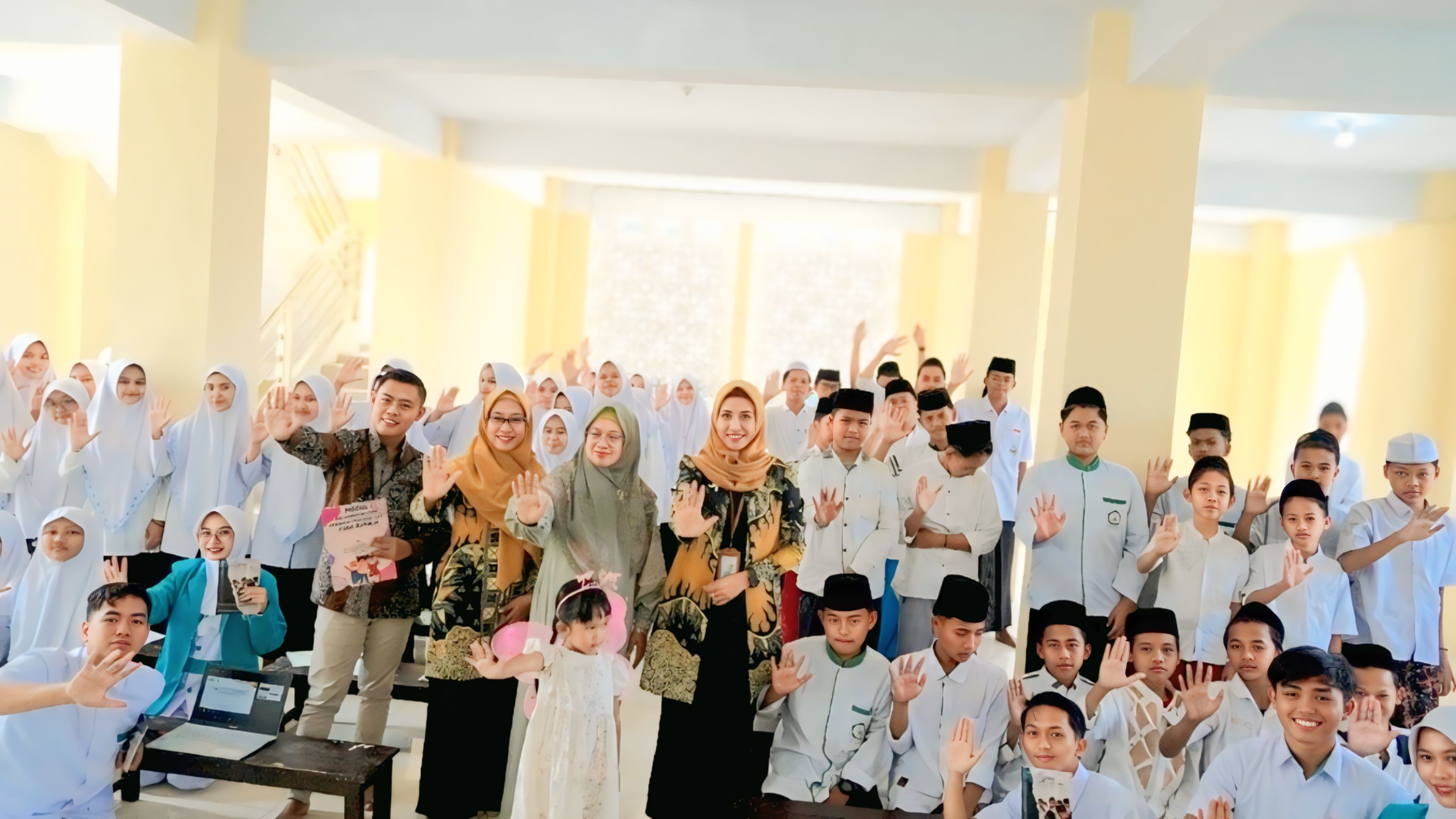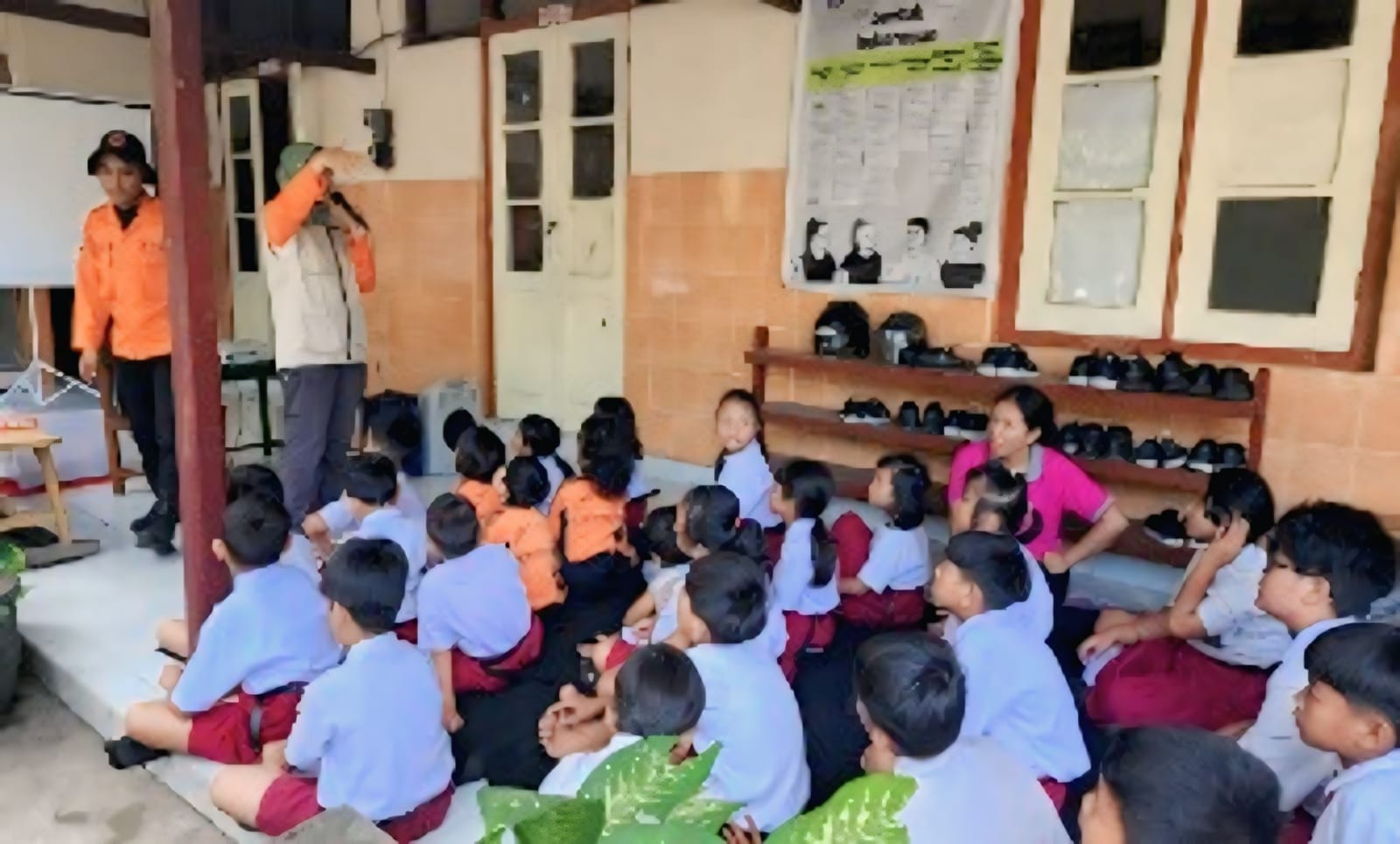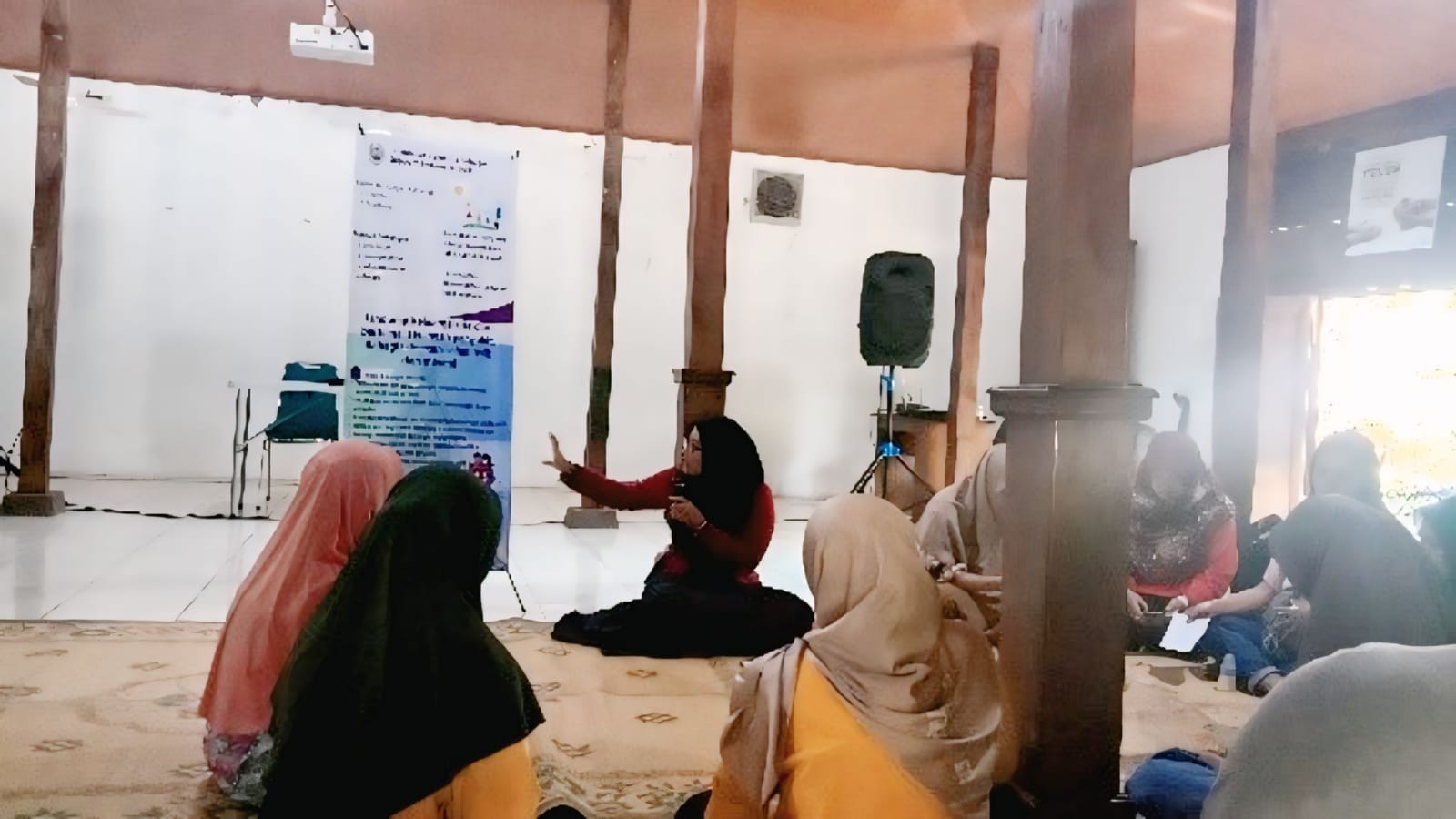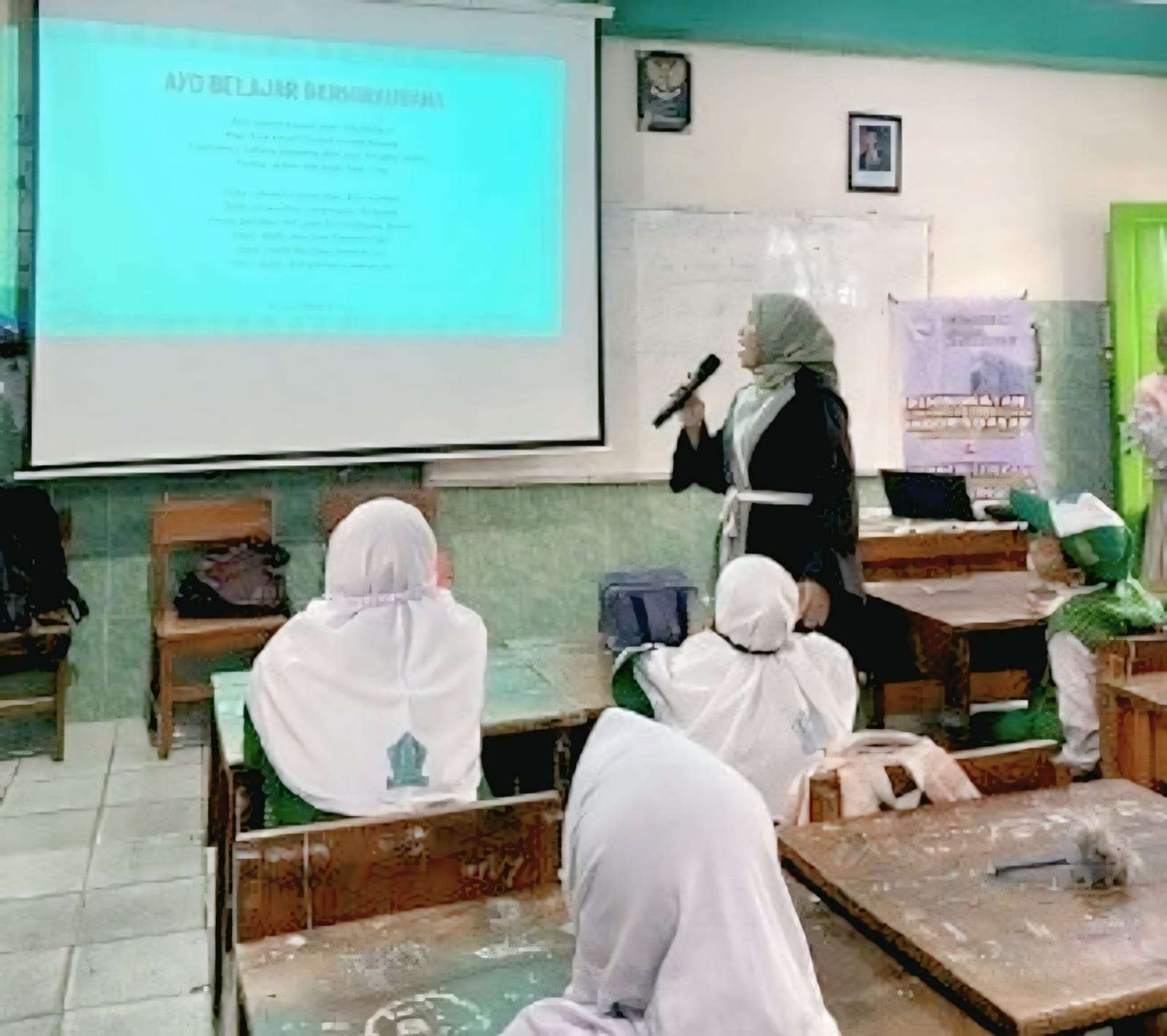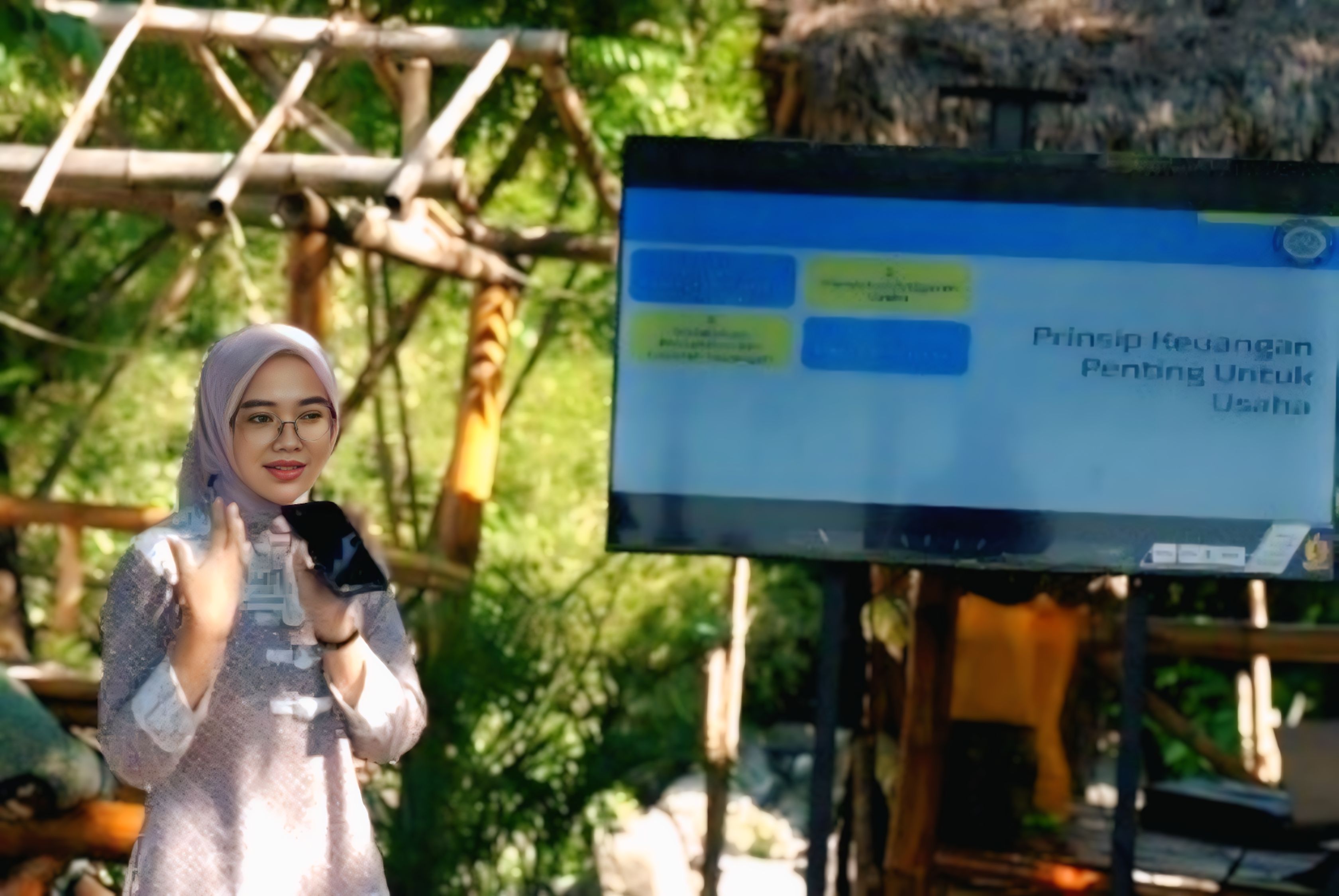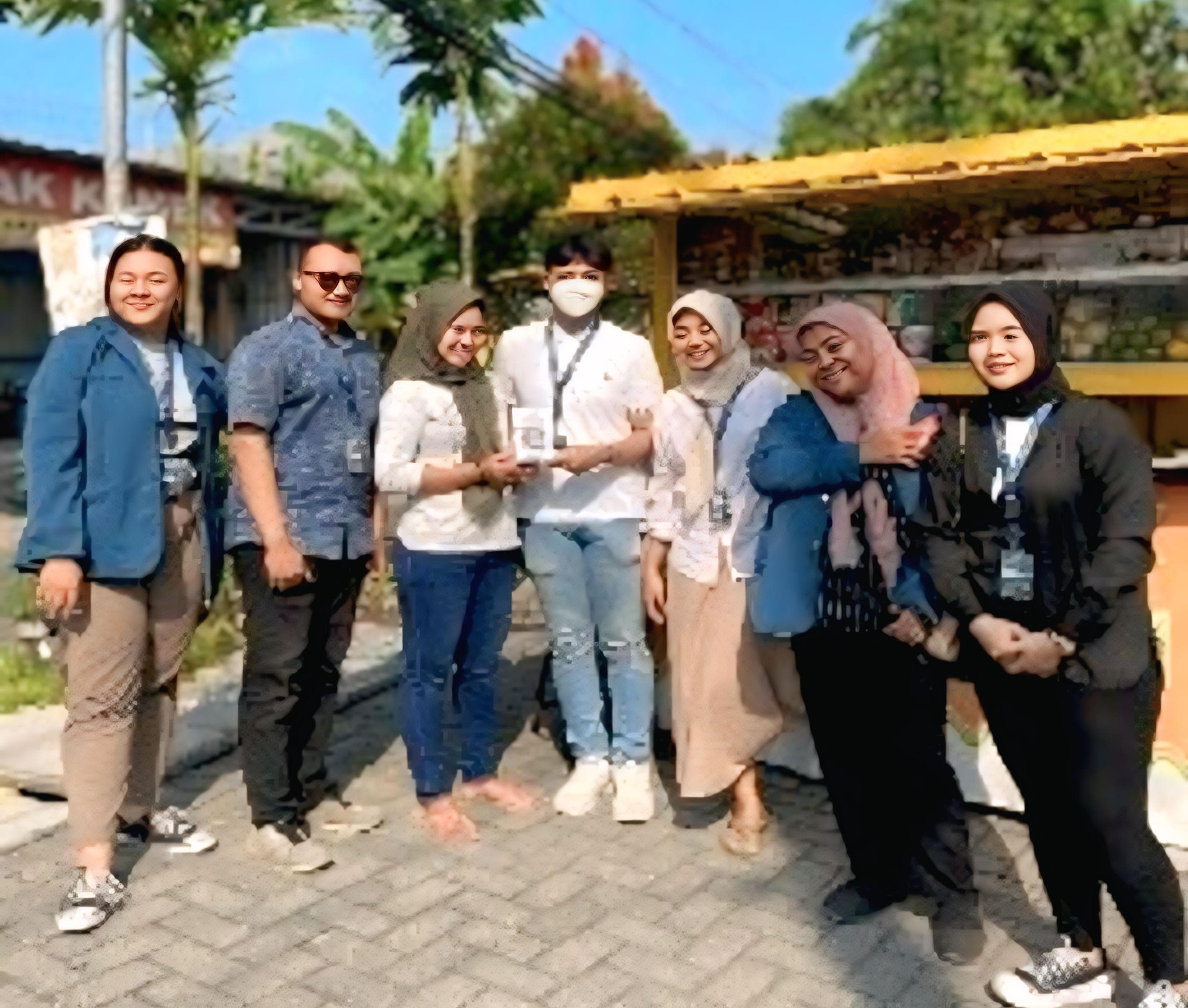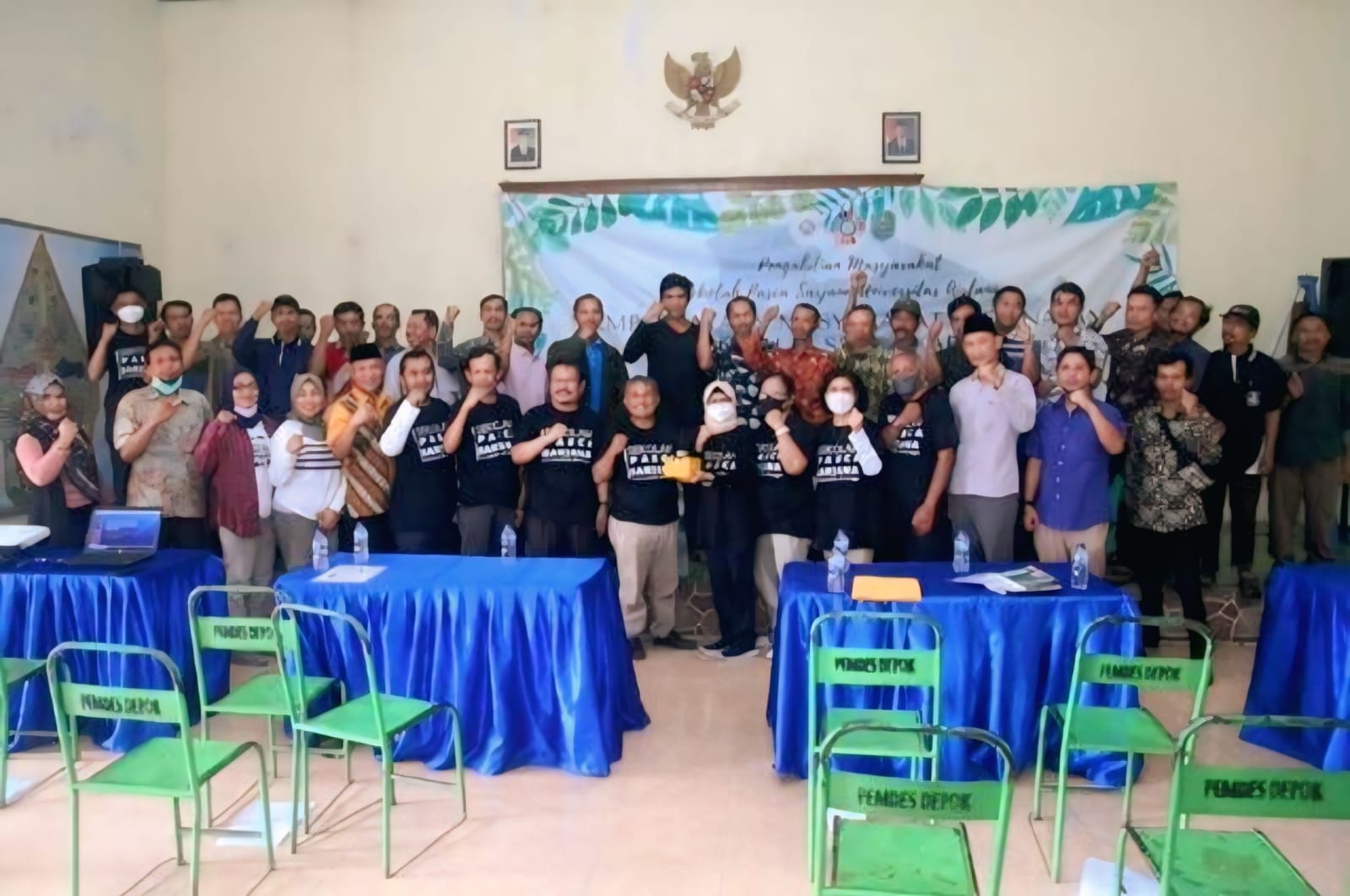PILAT (FRESHWATER CATFISH FARMING) IN AN EFFORT TO OPTIMIZE FACILITIES AND IMPROVE THE ECONOMY AT NURUL AMANAH BOARDING SCHOOL
PILAT (PEMBUDIDAYAAN IKAN LELE AIR TAWAR) DALAM UPAYA OPTIMALISASI FASILITAS DAN PENINGKATAN EKONOMI DI PONDOK PESANTREN NURUL AMANAH
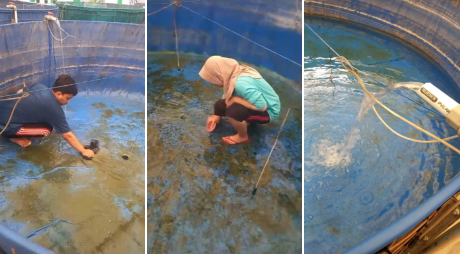
Downloads
Background: Nurul Amanah Islamic boarding school has adequate catfish production facilities, including 12 biofloc catfish ponds, plenty of water, seed and feed wholesalers near the pesantren, and fish collectors ready to sell the catfish harvest. The facilities are still not being used properly. Objective: To establish the economic potential of catfish culture, as well as how to manage and spawn catfish in order to carry out catfish cultivation sustainably. Method: Education is provided by presenting maintenance procedures, feed management that uses maggots as feed support, and proper spawning techniques that identify catfish gonads based on maturity level. The practice of catfish cultivation is carried out by forming the organizational structure of the catfish cultivation board, as well as a rotating picket schedule, the practice of spawning mature catfish by separating them in a concrete pool and giving fibers as a place for catfish to lay eggs later, and after laying eggs within 24 hours, the fibers are taken and separated from the mother to avoid the mother eating eggs. The next practice is to feed catfish on a regular basis in the morning and evening, using maggot as a mixture. Results: The training of freshwater catfish cultivation, it can re-optimize the function of the facilities that are already available. Conclusion: The initiative has been effectively implemented at Pondok Pesantren Nurul Amanah.
Copyright (c) 2024 Roy Wilyanto Putra, Silvia Baharrizki, Deswa Audry Astrantia, Sa'adiyah Nuraini, Oky Selka Dwiyanti, Sri Rangga Wira Kertanegara, Amaliyah

This work is licensed under a Creative Commons Attribution-NonCommercial-ShareAlike 4.0 International License.
- The Author(s) hold the copyright of the article without restrictions
- Darmabakti Cendekia allows the author(s) to retain publishing rights without restrictions.
- The legal formal aspect of journal publication accessibility refers to Creative Commons Atribution-Non Commercial-Share Alike 4.0 (CC BY-NC-SA), implies that publication can be used for non-commercial purposes in its original form.



